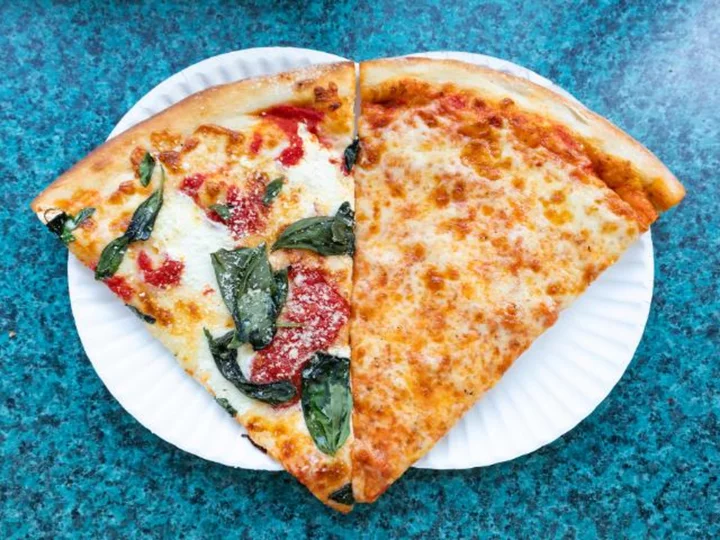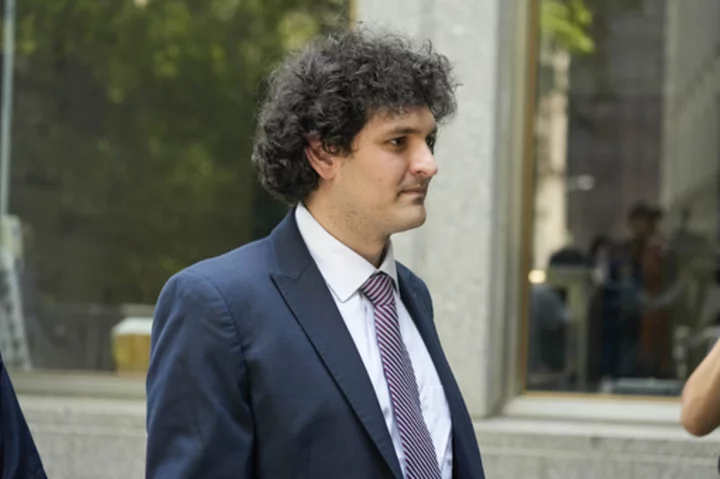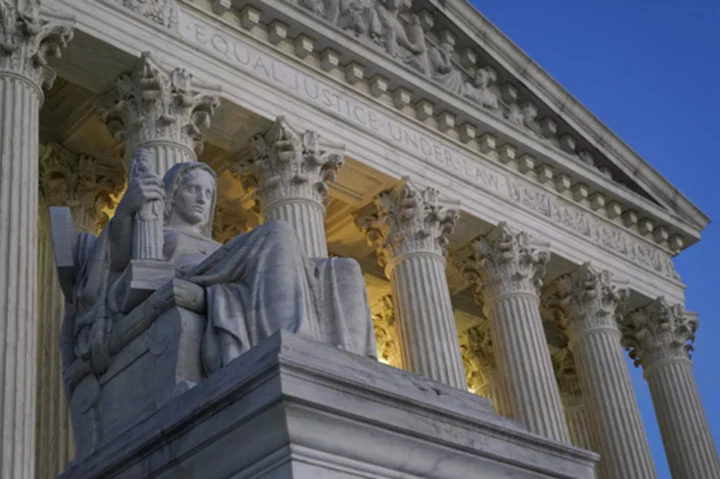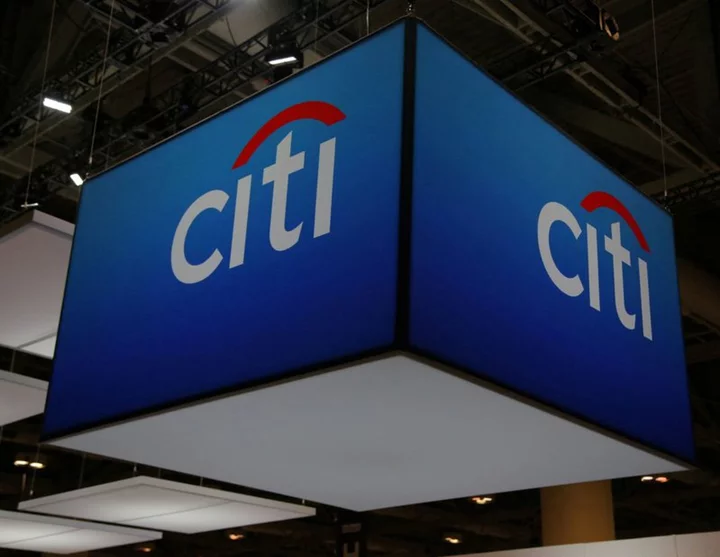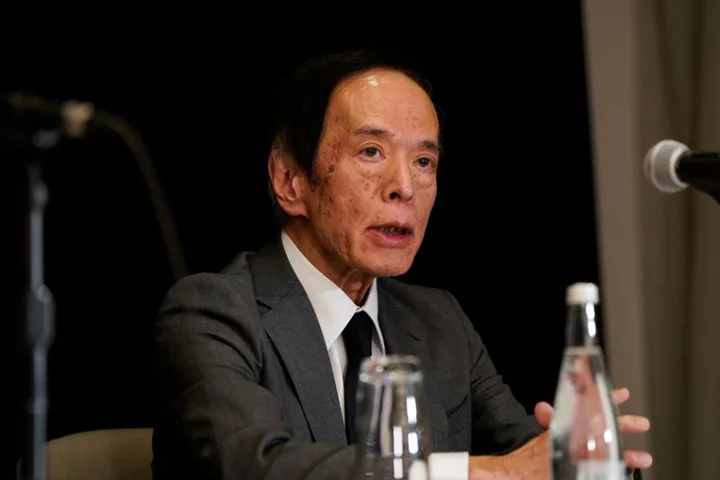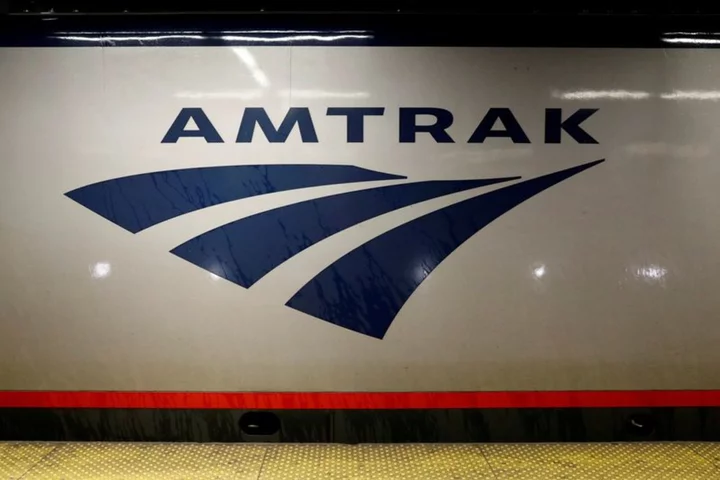Lawmakers and prominent social media personalities have in recent days rallied against a proposed New York City rule that some say would crack down on the city's beloved pizzerias.
Sen. Marsha Blackburn of Tennessee tweeted Monday that "New York City wants to ban wood-fired pizzerias," adding that "in the name of their climate agenda, the Left wants to destroy small businesses." Dave Portnoy, founder of Barstool Sports, in a video accused a "pink-haired crazy liberal" of waking up from a nap and deciding to "get rid of coal-oven pizzerias in New York City." Elon Musk also had an opinion, saying on Twitter that the rule is "total bs," adding that "it won't make a difference to climate change."
Some pizza operators complained about the cost of abiding by the new rule, and warned that New York City pizza would not be the same. Someone even threw pizza at City Hall in protest (more on that later).
New York City is famously and deservedly known for its pizza. Is the city really trying to mess with that reputation? Here's what you need to know.
I hear New York City is trying to ban delicious pizza. Is it?
No. Come on.
So what's the deal?
In Friday's issue of the City Record, the city's official journal that shares legal notices and other news, the city announced a "notice of public hearing and opportunity to comment on proposed rules."
The rule in question, which comes from the city's Department of Environmental Protection, would require restaurants with wood- or coal-fired ovens installed prior to May 2016 to seriously consider adding devices that would reduce particulate emissions.
Despite the uproar, it's a fairly lenient proposal.
Essentially, the proposed rule is trying to ensure that restaurants using older ovens are aligned with the regulations applied to newer ones. As of May 2016, the city requires that every new stove must have "an emission control device for odors, smoke and particulate matter." The city estimates that well under 100 restaurants would be impacted by the new rule.
One decades-old joint that uses a coal-fired oven, Grimaldi's Pizzeria, told CNN in a statement that it is "committed to providing our guests with our pizza's award-winning taste while complying with all regulatory requirements," adding that "we are currently reviewing what actions, if any, may be necessary to comply with legislation set by New York City Department of Environmental Protection."
So, why does the city want to reduce emissions in this way?
Because this type of pollution is dangerous for your health, and bad for the environment.
"All New Yorkers deserve to breathe healthy air and wood and coal-fired stoves are among the largest contributors of harmful pollutants in neighborhoods with poor air quality," Edward "Ted" Timbers, a spokesperson for the NYC Department of Environmental Protection, said in a statement to CNN.
"This common-sense rule, developed with restaurant and environmental justice groups, requires a professional review of whether installing emission controls is feasible," he noted.
There are nasty health implications to spending a lot of time around coal- or wood-fired stoves, said Michael Seilback, national assistant vice president of state public policy for the American Lung Association.
"Burning coal and burning wood directly could lead to wheezing, coughing [and] asthma attacks," he said. "Prolonged exposure has been linked to lung cancer and premature death."
People who spend a lot of time around these types of emissions are at higher risk, noted Garima Raheja, a PhD candidate at Columbia University who studies the impacts of urban air pollution on public health.
"The average New Yorker ... is not breathing this in every day," she said. But "this is affecting the people who are working in the pizza restaurants and people who are living around them, and the customers who are in close proximity to them."
Wait, so is this a health thing or a climate thing?
Both — but the immediate impact is on human health.
"Generally, these new rules are being put in to limit the emission of particulate matter, odor and similar pollutants that are really impactful to our health," said Raheja.
But, she noted, "in a broader sense, they are also impacting climate change."
That's because these types of ovens emit fumes that have an outsized impact on global warming, like black carbon, she noted.
Seilback put it this way: "Carbon pollution will sort of come along for the ride in reductions."
So in reducing particles that are harmful for us to breathe, the city will also help reduce carbon emissions that contribute to global warming.
New York City Mayor Eric Adams made a similar point during a press conference on Monday.
"Every toxic entity that we remove from our air is adding up to the overall desire to deal with shrinking our carbon footprint," he said.
Is it feasible?
According to the city, the rule requires that relevant restaurants have to hire an engineer or architect "to assess the feasibility of installing emission controls on the cook stove to achieve a 75% reduction in particulate emissions."
If that level of reduction is not possible, "the assessment must identify any emission controls that could provide a reduction of at least 25% or an explanation for why no emission controls can be installed." Basically, the restaurant just has to show the city that it has done its due diligence, and make a change if possible. The rule wouldn't go into effect until later in the summer.
So wait, did someone really throw a pizza at City Hall in protest of the proposed rule?
Uh, yes? A man posted to Twitter a video of himself reading a list of seemingly unrelated grievances and hurling multiple pies, slice by slice, over the gate while yelling "give us pizza or give us death."
The mayor acknowledged the incident in his conference.
"The public can weigh in without throwing pizza over my gate," he said. "They could have delivered me the pie, and allowed me to eat the pie." The person responsible now owes him a vegan pie, Adams said.

